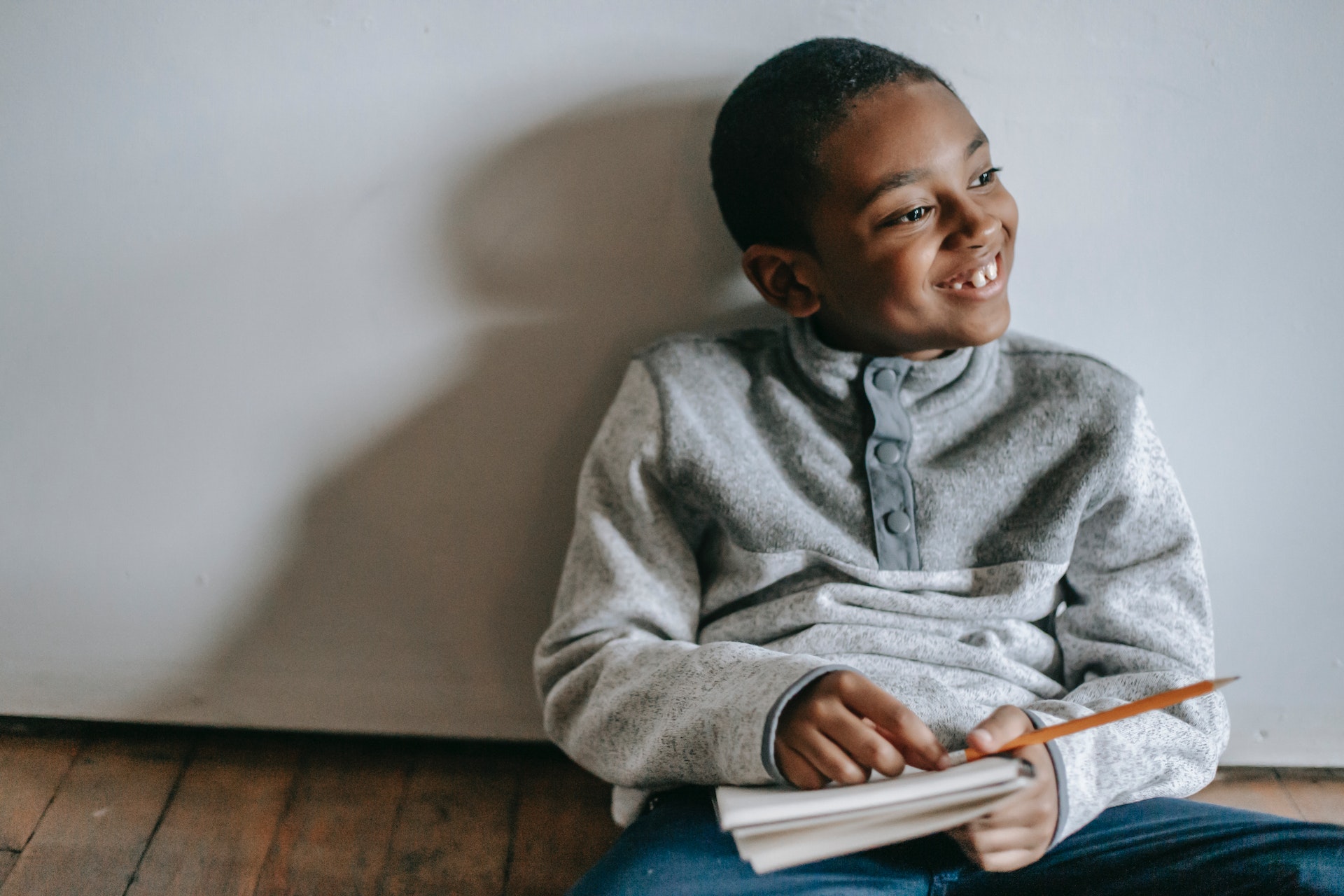I had an epiphany recently that completely opened my eyes to the true meaning and value of inclusion, belonging, and acceptance. You see, I’m “mommy” to a sweet, handsome, and charismatic five-year-old boy with autism. You will catch him smiling 90% of the day, his deep, beautiful dimples on full display. And while he can’t yet communicate in full sentences, he uses his own unique language (a mixture of blossoming expressive and receptive language, echolalia and blabbering) to connect with his friends and people he loves. (And of course, I can decode almost everything he says. Because, moms.)
And one of his favorite places in the entire world? The playground. It’s his safe space. It’s been a place where he can be just another kid playing with his neurotypical and neurodivergent peers without regard for his abilities. We feel fortunate that he is mostly functional and has exceptional physical abilities (an ode to his former track athlete parents), so he typically blends in with the other kids. And he can often find a play buddy pretty quickly, solely based on “vibes.”
But that’s gradually changing for him as he gets older and the communication gap between him and other kids his age widens. Recently, my husband took our three boys to the playground while I stayed home. While there, he shared that two kids took my sons’ ball and proceeded to play with it, intentionally avoiding playing with my five-year-old son, while playing with the others. Although my son doesn’t always have the words, he understands and feels everything, and I’ve noticed how his inability to communicate with others impacts his confidence.
This broke my heart.
It’s been one of my deepest fears since I first noticed there was something different about him: that he won’t be accepted by everyone. I felt angry. Yes, angry at the kids who treated him that way (hey, I’m human). But also at myself because #momguilt is opportunistic and can somehow weasel its way in at any time. I wished I was there to advocate for him, to redirect him, and to give him the acceptance he needed in that moment. I felt powerless and defeated that I couldn’t protect my son from intolerant people. Not specifically the kids from the playground, but in general as he enters grade school, joins sports teams, and eventually enters the workforce.
But then it hit me. In what world are any of us fully accepted by everyone? Who feels a true sense of belonging in every space they enter? While that’s idealistic, it’s rarely (if ever) the reality. Naturally, I started to think about the concepts of inclusion and belonging in this sense. Many places – whether it’s a restaurant, school, office or even a playground – strive to be inclusive. Inclusive, according to Oxford, is the practice or policy of providing equal access to opportunities and resources for people who might otherwise be excluded or marginalized, such as those who have physical or mental disabilities and members of other minority groups. In other words, everyone should have the appropriate tools, resources and accommodations to work, learn, dine out and even play – regardless of their differences.
Then there’s the other side of the coin. Once they’re in these spaces that are designed to be inclusive and accessible to them, do they actually feel like they belong there? Or as Cambridge Dictionary defines belonging, do they feel happy or comfortable in those spaces?
Most of the time the answer is no. You can physically design or alter a place to be inclusive and accommodating. For my son, maybe that would entail dimming the lights, quieting loud and abrupt sounds, or providing sensory toys and equipment. But can you also alter the attitudes, tolerance and perspectives of the other people who occupy that space to perpetuate a culture of belonging that makes him feel safe, supported and accepted?
Again, the answer is probably no. That part is much harder to attain, and understandably so. People are often slow and resistant to change their perspectives, especially when they’ve been ingrained through childhood and past experiences. But if you’re an employer, for example, who promotes diversity, equity and inclusion, you mustn’t forget to prioritize belonging and invest in the training and talent to foster a culture of belonging in your workplace. It’s not enough to get minority people and people with disabilities through the door. You must create a safe space – free of intolerance, preconceived biases, discrimination, microaggressions and judgment – in order to keep them there. But wait, you can’t stop there. They need to be celebrated, supported, promoted and yes, accepted, like every neurotypical, able-bodied, straight white male is in these spaces.
That incident on the playground completely transformed the way I think about acceptance – for myself and my sons. You should have the right to occupy and be included in any space you choose, despite your race, identity and ability. But the hard truth: You won’t always be accepted. You won’t always feel like you belong. And guess what? That’s okay. More than okay. You will find your people. Whether it’s in your community, at school, at work and even on the playground. And they will accept you and love you for exactly who you are.
“Belonging doesn’t require us to change who we are; it requires us to BE who we are.” – Brené Brown
